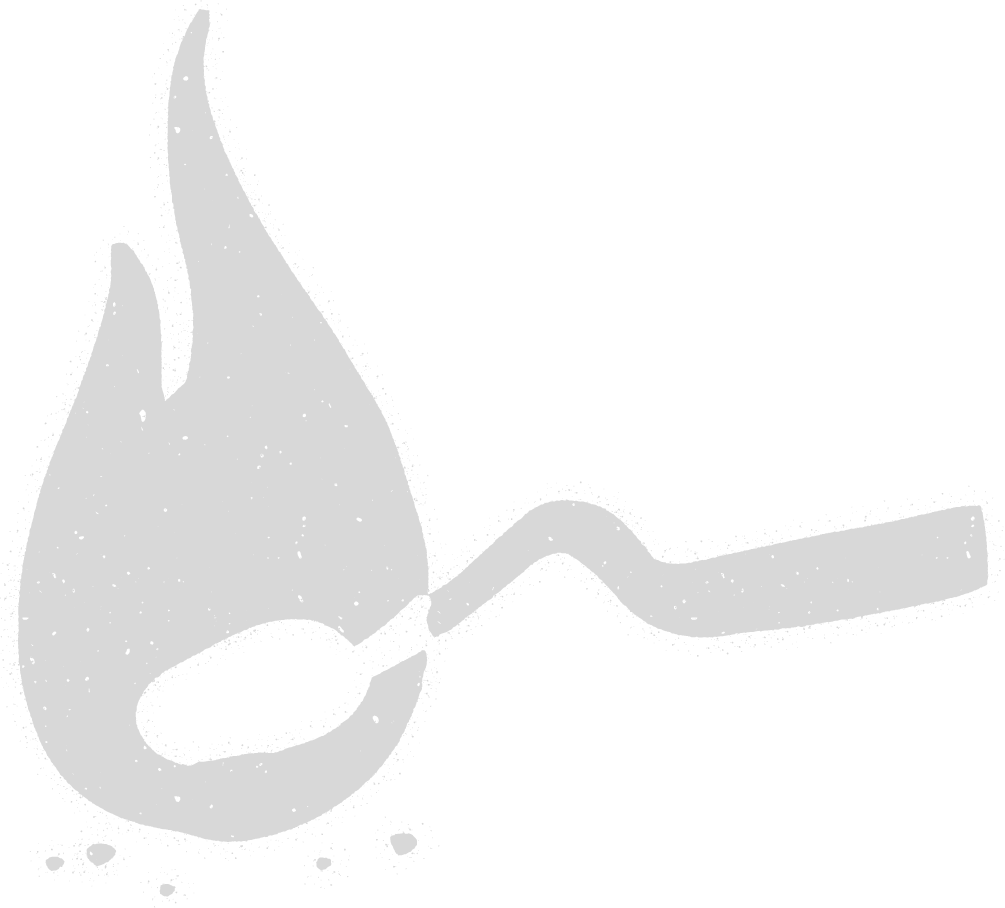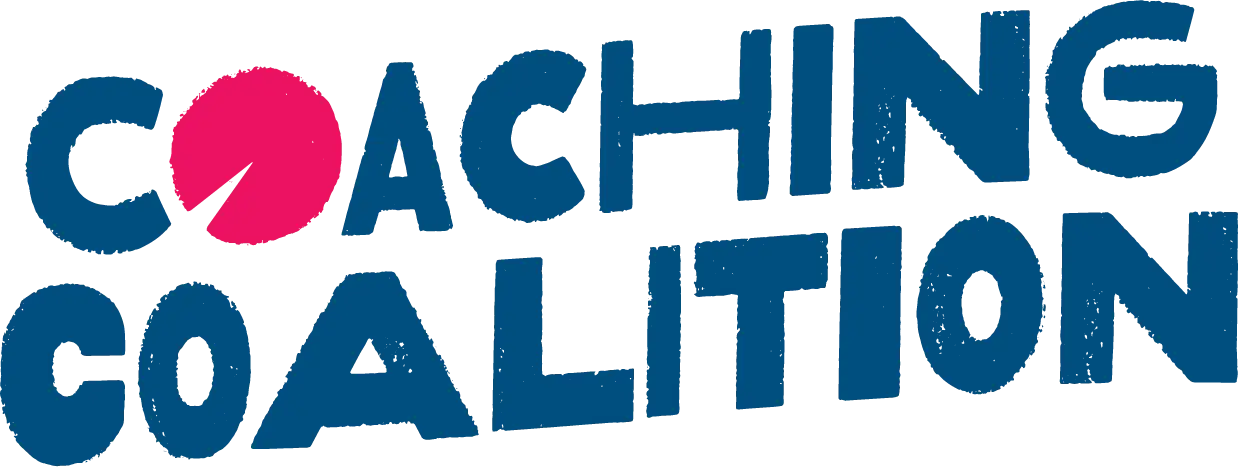
I am a recovering superwoman. For years, I wore my proverbial cape like a badge of honor. My mentees and co-workers in advertising marveled at how I managed to do it all as a wife, mother, creative director, mentor, friend, daughter, and the list went on… and on.
I appeared to be excelling in spaces where I was often the only one there. Key word: appeared. Why? Because I was blazing trails in every aspect of my life. Add my racial identity into the mix and the weight of all the expectations – spoken and unspoken, mine and of others – and it all could inevitably become too much.
When things were going well, it was easy to justify the exhaustion. There were often outcomes that supported the madness: I got the promotion, the raise, the wedding, the babies, etc. But when things went left, the exhaustion could spiral into less favorable outcomes: health crises, job loss, depression, anxiety, to name a few.
Over the past five years, I have coached many superwomen. We all know and love them. We are the backbones of our families, teams, organizations, communities and friend groups. While we are often among the first to lend support, we are usually among the last to ask for it.
And so, the Superwoman Recovery Program (SRP) was born. Designed to make it easier for women to opt-in to our own self-care, SRP is a space where we can just exist and think, minus the expectations present in our daily lives. No prefacing required. No deep explanation needed. Because we all just get it.
But honestly, everyone is deserving of such a space. In addition to one-on-ones, anyone can opt into group sessions through SRP. Think group coaching meets visualization meets mindfulness. The small, virtual cohorts allow for individual development and greater psychological safety. In-person options can also include a destination retreat for a true change of pace. And since it can be hard for the overcommitted to commit to themselves, the group sessions occur once per month.
With the space that executive coaching can provide and SRP, every superhuman can decide on when to don the cape and most importantly, when to take it off.

